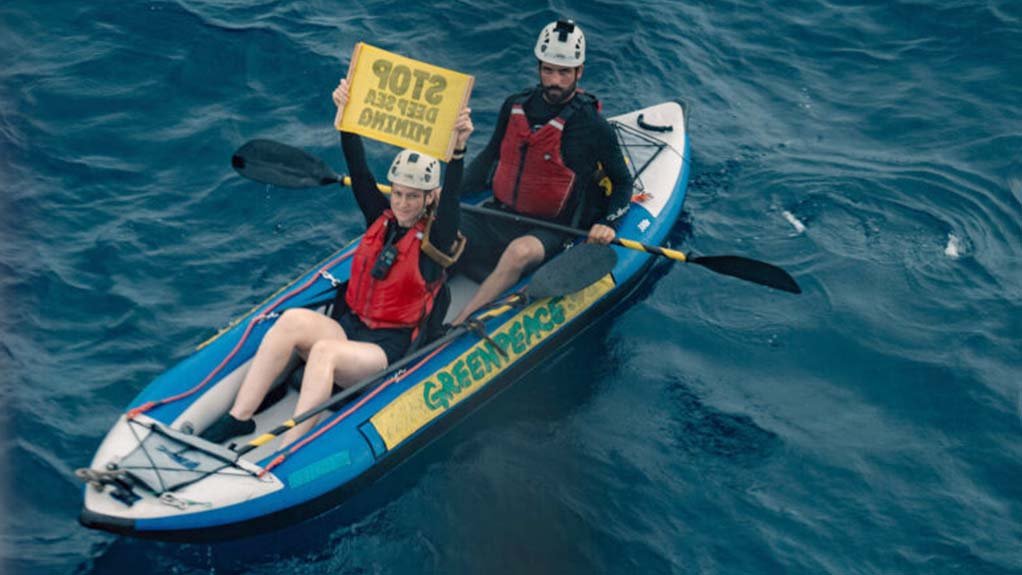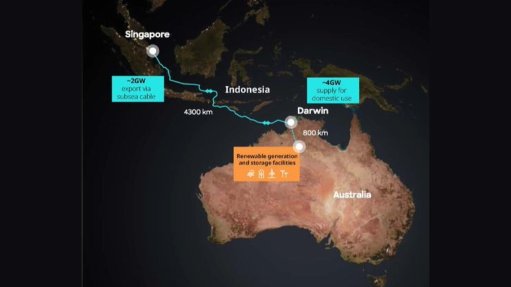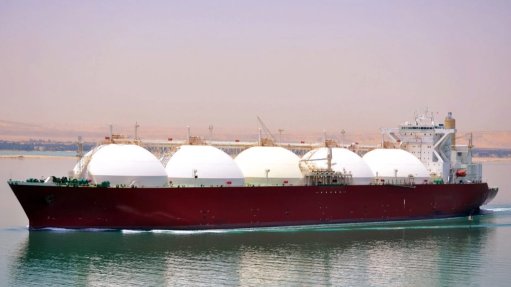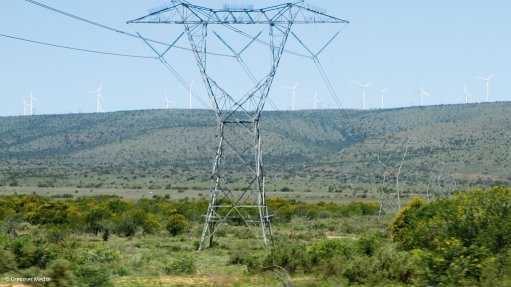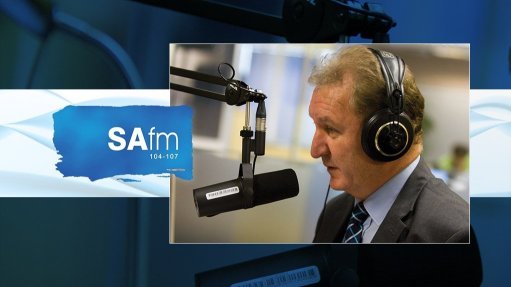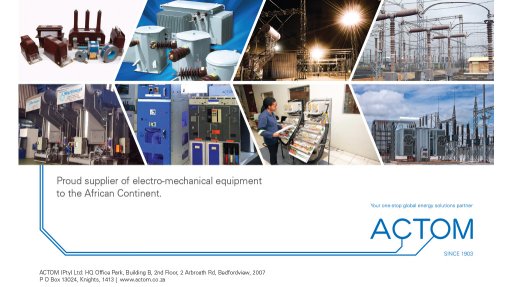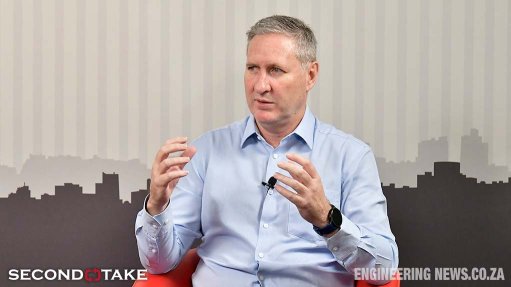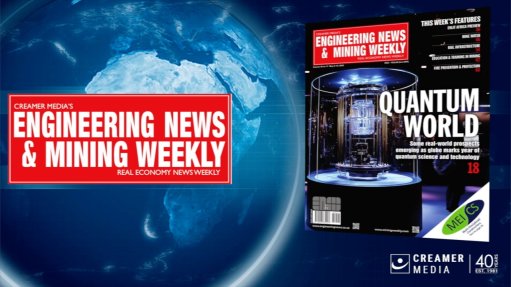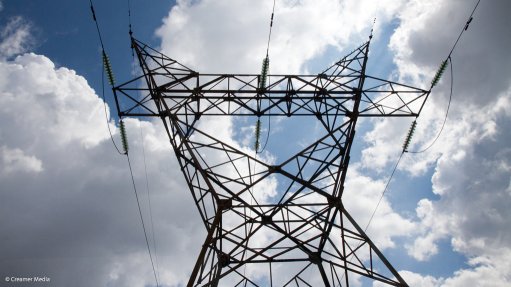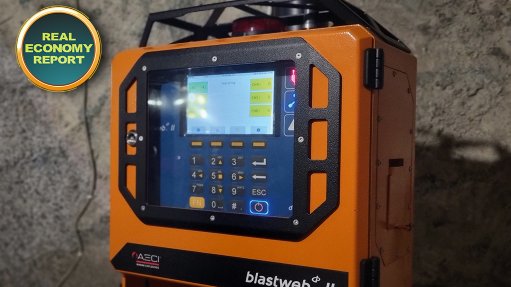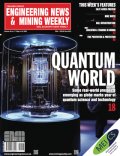A showdown over deep-sea mining is taking place in the Pacific
Activists from Greenpeace International have boarded a ship that is conducting deep sea mining research in the Pacific Ocean, vowing to occupy the vessel until it abandons the expedition. It’s the latest collision between a nascent industry intent on mining the seabed for minerals potentially worth trillions of dollars, and environmentalists and scientists who warn that doing so would irreparably harm biodiverse deep sea ecosystems.
The confrontation unfolding on the high seas comes as the expedition’s backer, The Metals Company (TMC), prepares to apply to become the first venture licensed to conduct deep sea mining in international waters. TMC has said it will submit its application after a July 2024 meeting of the International Seabed Authority (ISA), the United Nations-affiliated organization that regulates deep sea mining.
The fate of that application remains unclear, as the ISA’s 168 member nations (plus the European Union) have yet to adopt regulations governing deep sea mining. Some 24 ISA member countries have already called for a moratorium or pause on the practice, which is getting increased attention as the shift to EVs and other green technology boosts demand for minerals such as cobalt and nickel. Canadian-registered TMC and other companies holding ISA contracts argue that deep sea mining is less environmentally and socially destructive than terrestrial mining.
The TMC ship boarded by Greenpeace, the MV Coco, is currently located in the Clarion-Clipperton Zone. That vast region between Mexico and Hawaii contains billions of polymetallic nodules, potato-sized rocks rich in cobalt, nickel and other minerals. Aboard are scientists TMC hired to assess the impact of a 2022 test mining operation conducted by a separate vessel, the Hidden Gem, for a TMC subsidiary.
Greenpeace dispatched its own vessel, the Arctic Sunrise, from Mexico to intercept the TMC ship. The Arctic Sunrise launched kayaks to disrupt the Coco’s operation, and on Nov. 25, two activists boarded the vessel and climbed to the top of a wench used to lower equipment into the ocean. They were later joined by two other activists. As of Monday, two Greenpeace members remain onboard the Coco.
“The fact that The Metals Company is pressing ahead despite mounting opposition to deep sea mining, we believe really justifies us shining a light on this and showing the resistance that is growing across the world,” Greenpeace deep sea mining campaigner Louisa Casson said in a phone interview from the Arctic Sunrise.
TMC CEO Gerard Barron accused Greenpeace of hypocrisy for insisting on more scientific studies looking at deep sea mining’s impacts while interfering with the company’s research expedition. “They’re slowing down, and in some cases, stopping the very environmental science most NGOs, and certainly all member states of the ISA, say we need more of,” Barron said in a phone interview from London. “So the question is, why are they doing that?”
On Saturday, Barron sent Greenpeace a letter stating that the organization was putting its activists’ lives in danger; he also noted that TMC would seek an injunction blocking the protest unless the group stepped down. On Monday, Barron said that a court date had been set but declined to identify when the hearing would take place or in which country. “We are pursuing any legal measures available to us,” he said.
ISA secretary-general Michael Lodge sent a letter to Greenpeace on Sunday expressing concern about the organization’s actions, saying the TMC “campaign is aimed at gathering essential scientific and environmental data and observations as mandated by the Authority.” The ISA didn’t respond to a request for further comment.
Casson disagreed with the ISA’s characterization. “There is a clear difference between scientific inquiry to better understand deep sea ecosystems and a deep sea mining company that has already stated it expects to be mining the ocean within the next few years,” she said.
Barron said if the science were to show that mining shouldn’t happen, “we as an organization would pivot to something else.” But he added that, “Based on the evidence we've seen today, we will absolutely file an application, and the International Seabed Authority will be the ones to decide.”
In a separate action on Sunday, Greenpeace asked the Port of Long Beach in California to block the Hidden Gem from docking, as it is transporting nodules collected during the 2022 test mining operation.
“The ship is carrying cargo that may be radioactive and could present a health risk to workers,” wrote Greenpeace deep sea mining campaigner Arlo Hemphill in a letter. He cited a 2023 paper published in the journal Scientific Reports that found polymetallic nodules contain radioisotopes and that their inappropriate handling could pose a serious danger.
Barron dismissed that risk. “The levels of radioactive elements in nodules are far lower than would be found in a typical granite kitchen counter,” he said, referring to soon-to-be-released study conducted by TMC. “This is another desperate attempt by Greenpeace to blow this out of proportion.”
Comments
Press Office
Announcements
What's On
Subscribe to improve your user experience...
Option 1 (equivalent of R125 a month):
Receive a weekly copy of Creamer Media's Engineering News & Mining Weekly magazine
(print copy for those in South Africa and e-magazine for those outside of South Africa)
Receive daily email newsletters
Access to full search results
Access archive of magazine back copies
Access to Projects in Progress
Access to ONE Research Report of your choice in PDF format
Option 2 (equivalent of R375 a month):
All benefits from Option 1
PLUS
Access to Creamer Media's Research Channel Africa for ALL Research Reports, in PDF format, on various industrial and mining sectors
including Electricity; Water; Energy Transition; Hydrogen; Roads, Rail and Ports; Coal; Gold; Platinum; Battery Metals; etc.
Already a subscriber?
Forgotten your password?
Receive weekly copy of Creamer Media's Engineering News & Mining Weekly magazine (print copy for those in South Africa and e-magazine for those outside of South Africa)
➕
Recieve daily email newsletters
➕
Access to full search results
➕
Access archive of magazine back copies
➕
Access to Projects in Progress
➕
Access to ONE Research Report of your choice in PDF format
RESEARCH CHANNEL AFRICA
R4500 (equivalent of R375 a month)
SUBSCRIBEAll benefits from Option 1
➕
Access to Creamer Media's Research Channel Africa for ALL Research Reports on various industrial and mining sectors, in PDF format, including on:
Electricity
➕
Water
➕
Energy Transition
➕
Hydrogen
➕
Roads, Rail and Ports
➕
Coal
➕
Gold
➕
Platinum
➕
Battery Metals
➕
etc.
Receive all benefits from Option 1 or Option 2 delivered to numerous people at your company
➕
Multiple User names and Passwords for simultaneous log-ins
➕
Intranet integration access to all in your organisation



